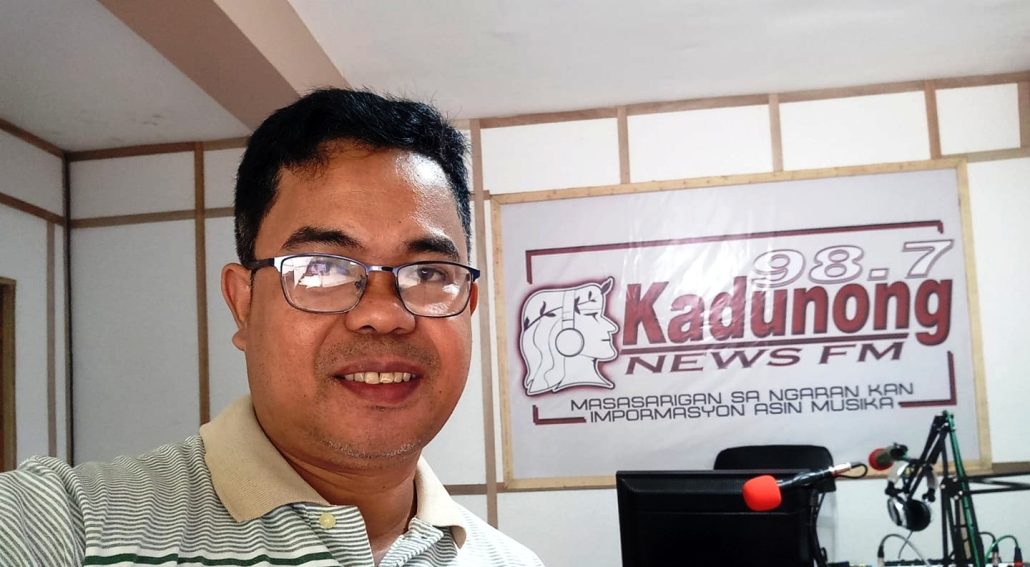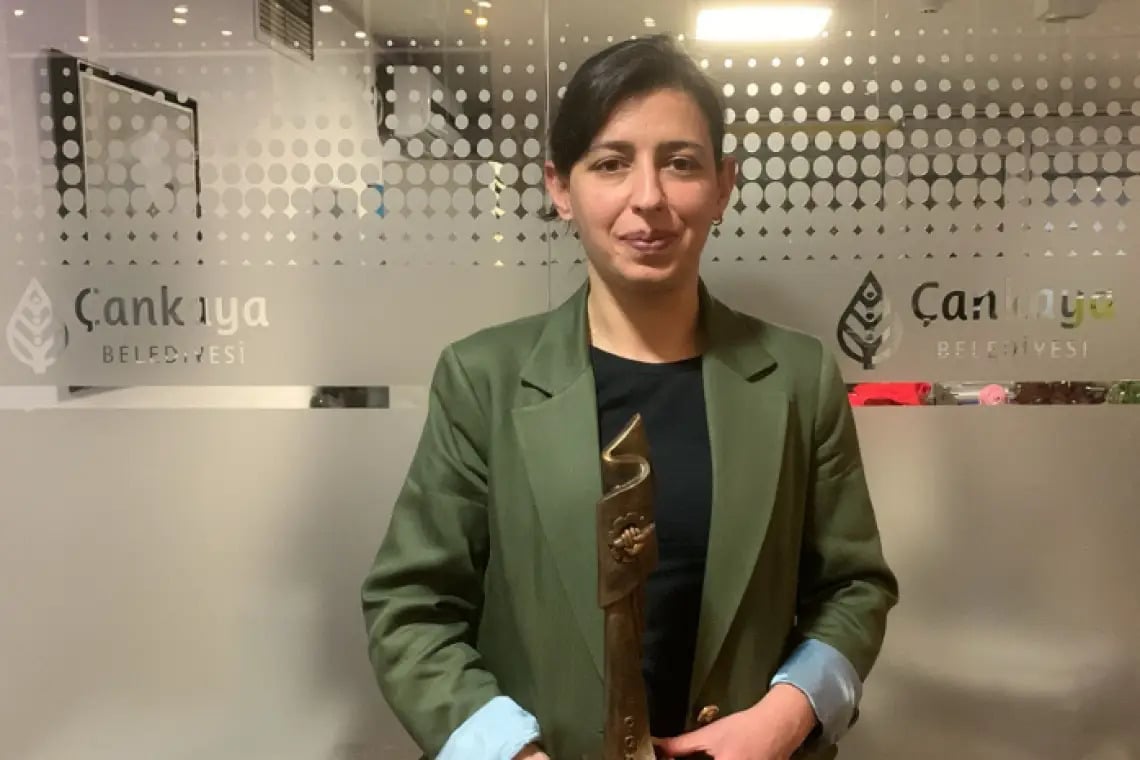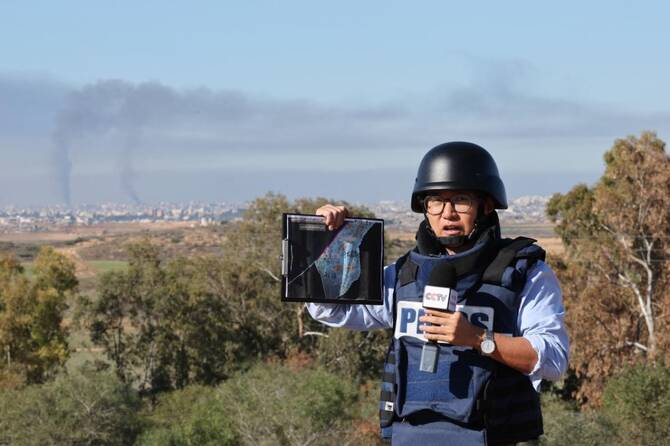
Turkish Court Sentences Journalist Öznur Değer to Over Three Years for “Terror Propaganda”
October 22, 2025
Philippine Broadcaster Noel Bellen Samar Ambushed and Killed Calls for Investigation Mount
October 22, 2025October 22, 2025 – Turkey –
A Turkish court has handed a 10-month suspended sentence to journalist Asuman Aranca for publishing parts of an expert report in the murder case of far-right figure Sinan Ateş. The sentence was given by the İstanbul 2nd Criminal Court of First Instance; though the term was pronounced, it is suspended and will only be enforced if Aranca commits a similar offense within the next five years.
The case centers on the December 30, 2022, killing of Sinan Ateş in Ankara. Ateş had been a former leader of the ultranationalist group the Grey Wolves (Ülkü Ocakları) affiliated with the nationalist Nationalist Movement Party (MHP). His death raised serious concerns about potential political meddling, given the MHP’s close alliance with the ruling party in Turkey.
The expert report published by Aranca revealed key findings: that the murder had allegedly been pre-planned months in advance, and that a high-level figure in the Grey Wolves had requested Ateş’s address. This reporting had previously earned Aranca three journalism awards. The court convicted her of “violating the confidentiality” of the investigation.
Aranca and her legal team contested the verdict, arguing that no formal complaint had been registered against her publication, and that her work remained within the bounds of meaningfully protected journalism, not breaching the presumption of innocence or exceeding the limits of press freedom under Turkey’s constitution. Opponents of the ruling argue the case underscores larger systemic issues in Turkey: that the judiciary may be shielding powerful political actors, downplaying organized crime links, and turning such cases into political bargaining chips.
Press freedom observers point to the broader context: Turkey’s media environment continues to suffer significant erosion, with dozens of journalists behind bars and the country ranking poorly in global press-freedom indices. The decision against Aranca has sparked debate over how investigation confidentiality laws interact with the public’s right to know and the role of independent journalism.
Reference –




